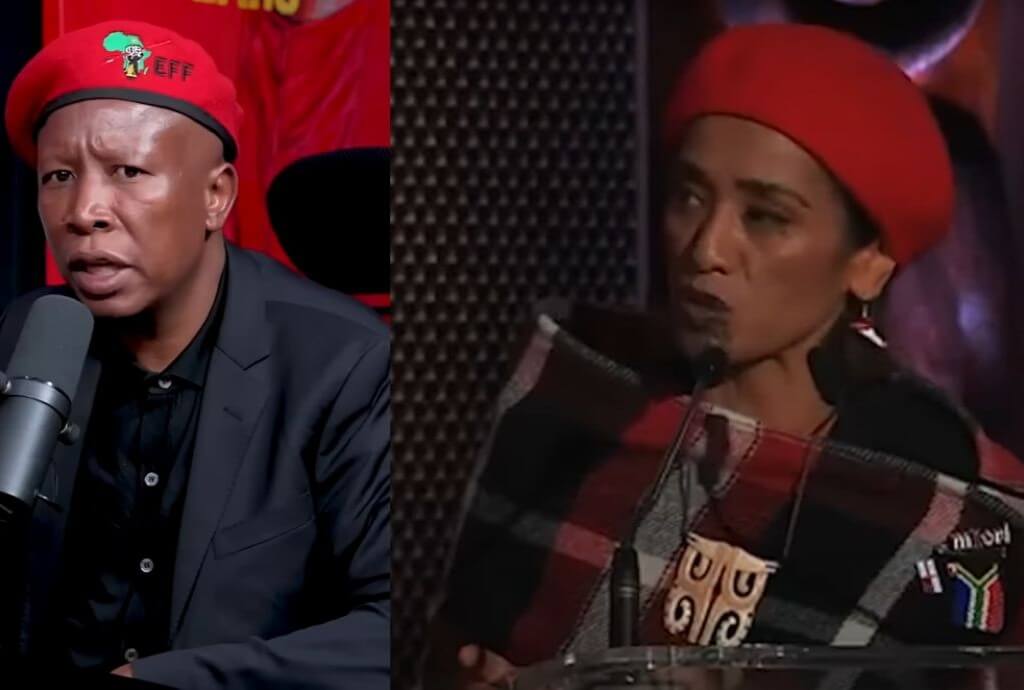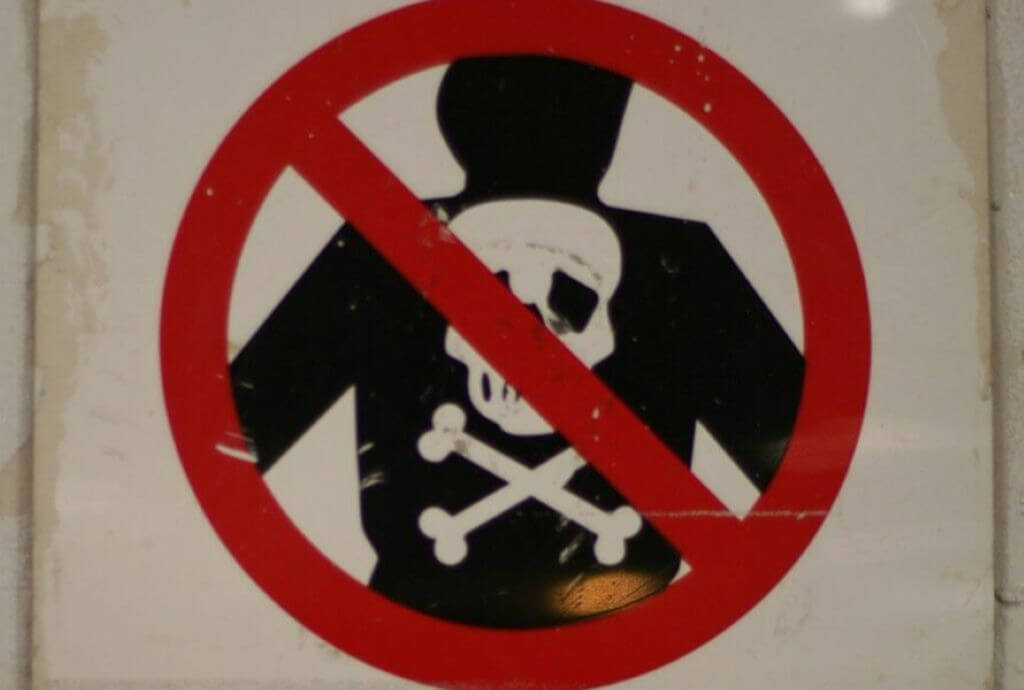Summarised by Centrist
Chris Hipkins’ reluctance to immediately reject Te Pāti Māori’s proposed Māori commissioner with veto power over Parliament has reignited concerns about Labour’s commitment to democracy, argues Graham Adams.
While Hipkins later ruled it out, his initial hesitation raises a key question: “Exactly how dedicated is the party to ensuring that every New Zealander has a vote of equal value to everyone else’s?” Adams asks.
Adams argues Labour’s past actions align more with Te Pāti Māori’s stance than the party admits. Under Jacinda Ardern, ministers declared that “democracy has changed,” justifying co-governance in water, healthcare, and planning laws.
Hipkins conceded after Labour’s 2023 defeat that co-governance isn’t “strictly consistent” with the one-person, one-vote model. Adams also cites pollster David Farrar’s view on Hipkins’ position: “… any decision to end democracy would depend on coalition negotiations.”
Te Pāti Māori, however, is explicit in rejecting equal suffrage. Co-leader Rawiri Waititi called democracy a colonial construct, favouring governance based on “mana motuhake and tino rangatiratanga.” Labour’s challenge, Adams argues, is that it cannot denounce Te Pāti Māori’s position without contradicting its own policies.
With Seymour and Peters ready to capitalise on the issue, Adams believes Labour faces another bruising election fight over co-governance. He suggests: “It’s hard not to see Te Pāti Māori as the three coalition parties’ secret weapon. ‘A vote for Labour is a vote for Te Pāti Māori — and a vote against democracy’ will be a very powerful campaign slogan.”
Read more over at The Platform (paywalled)
Image: World Economic Forum



















